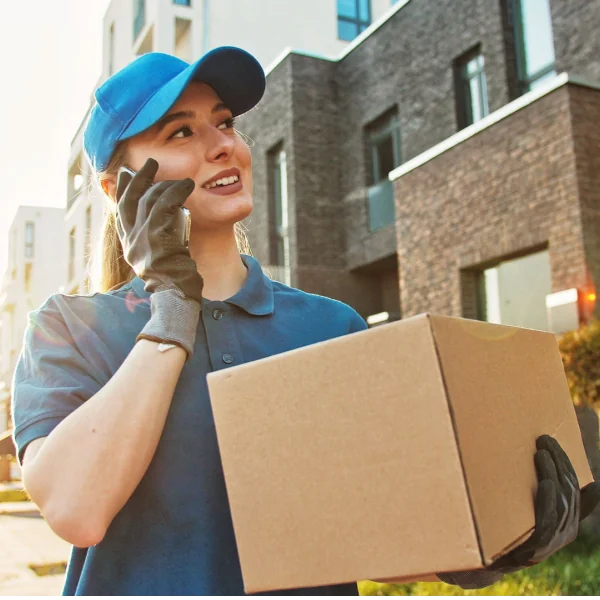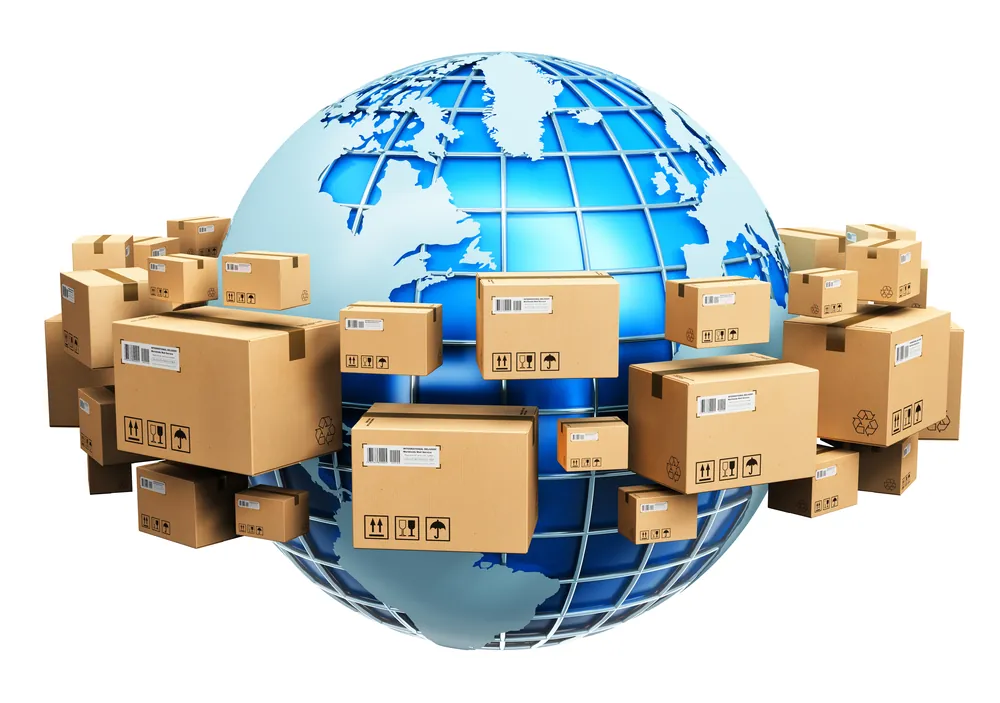Do you ever browse online, and the promise of fast, convenient last-mile delivery has you clicking ‘checkout’ before you can finish your search? It’s hard to resist the temptation of getting what we want immediately. Last-mile delivery is helping make that dream a reality for more and more people each day, but is it all it’s cracked up to be?
Exploring the Pros and Cons of Last Mile Delivery
Last-mile delivery is a critical part of the supply chain process, and it refers to the transportation of goods and products from the hub or warehouse to the final destination, which is usually the customer’s doorstep. It is a challenging process that involves various stages, such as sorting, picking, packing, and delivering, and it can determine the success or failure of a business. However, like everything else, it has its pros and cons. In this blog post, we will explore the advantages and disadvantages of the last mile to help you understand the process better.

The Pros of Last Mile Delivery
1. Convenience: The last mile provides the convenience of doorstep delivery, saving time and effort for the customers.
2. Speed: It ensures faster delivery times, especially for urgent or same-day deliveries, meeting customer expectations and improving customer satisfaction.
3. Improved Customer Experience: One of the advantages of last-mile delivery is that it results in an improved customer experience. This is because customers expect fast and reliable delivery services. By optimizing the last-mile delivery process, businesses can meet customers’ expectations, provide timely and accurate information about delivery times, and use technology to enhance communication and track delivery progress.
4. Flexibility: Last-mile delivery can accommodate specific delivery time slots chosen by customers, giving them the desired flexibility.
5. Competitive Advantage: Businesses that offer efficient last-mile delivery can gain a competitive edge in the market, attracting more customers and retaining existing ones.
6. Increased Revenue: Another benefit of last-mile delivery is that it can help businesses increase their revenue. Customers are willing to pay extra for faster and more convenient delivery options. Companies can charge premium prices and boost their sales by offering same-day or next-day delivery services. Additionally, companies can cut costs last-mile-crease profitability by outsourcing their last-mile delivery services to third-party logistics providers.

The Cons of Last Mile Delivery
1. Costly: One of the significant disadvantages of last-mile delivery is that it can be costly. This is because it involves multiple stages, complex logistics, and high transportation costs. Businesses must invest in vehicles, staff, technology, and infrastructure to ensure smooth and efficient delivery operations. Additionally, they have to deal with increasing fuel prices, traffic congestion, weather conditions, and regulatory compliance.
2. Traffic and Congestion: Urban areas often face congestion, leading to delays in last-mile deliveries and increased business costs.
3. Environmental Impact: Last-mile delivery can have a significant environmental impact on the planet. This is because delivery vehicles emit greenhouse gasses and consume energy and natural resources such as oil. This can negatively impact sustainability goals and public perception of the business. Additionally, the increase in deliveries and the corresponding packaging waste generate tons of garbage yearly, leading to further environmental degradation.
4. Unforeseen Circumstances: Another downside of the last mile is that it is prone to unforeseen circumstances. This includes traffic delays, missed deliveries, damaged goods, and theft. These factors can negatively influence customer experience and lead to complaints and refunds. Similarly, they can negatively affect a business’s brand reputation and trustworthiness.
Understanding Balance
Overall, the last mile is a crucial aspect of the supply chain process, and businesses need to understand its pros and cons to make informed decisions. By balancing the benefits and drawbacks, companies can optimize their delivery strategies, implement innovative services, and ensure customer satisfaction. Ultimately, it is crucial to consider the long-term impacts of last-mile logistics and explore sustainable alternatives that protect both the environment and the bottom line.
The Future of Last Mile Logistics
Exciting developments in the last-mile delivery world are transforming how last-mile delivery is changing how we receive our parcels. With the introduction of robots, we are entering a new era of delivery that promises speed and efficiency like never before. These intelligent machines can navigate busy streets, avoid obstacles, and even climb stairs, all while carrying our precious cargo.
As cities become increasingly congested and delivery demand continues to rise, robots offer a solution to one of the biggest challenges in the industry. The future of last-mile logistics is looking brighter than ever, thanks to these innovative advancements.
FreightCenter and Last Mile Delivery
FreightCenter significantly facilitates last-mile logistics by serving as a bridge between freight carriers and final-mile delivery providers. As a leading third-party logistics company, FreightCenter effectively connects businesses with a vast network of couriers and delivery companies, ensuring seamless transportation of goods from distribution centers to end customers. They understand the importance of efficient last mile in meeting customer expectations and maintaining positive brand perception.
By leveraging its expertise and technology-driven solutions, FreightCenter helps businesses optimize their supply chain, reduce transportation costs, and streamline the final leg of the delivery process. Their extensive network provides access to specialized last-mile logistics providers, ensuring that customers’ goods are delivered quickly, securely, and carefully. FreightCenter’s commitment to enhancing the last mile enables businesses to focus on their core operations while ensuring hassle-free and reliable final-mile logistics.


